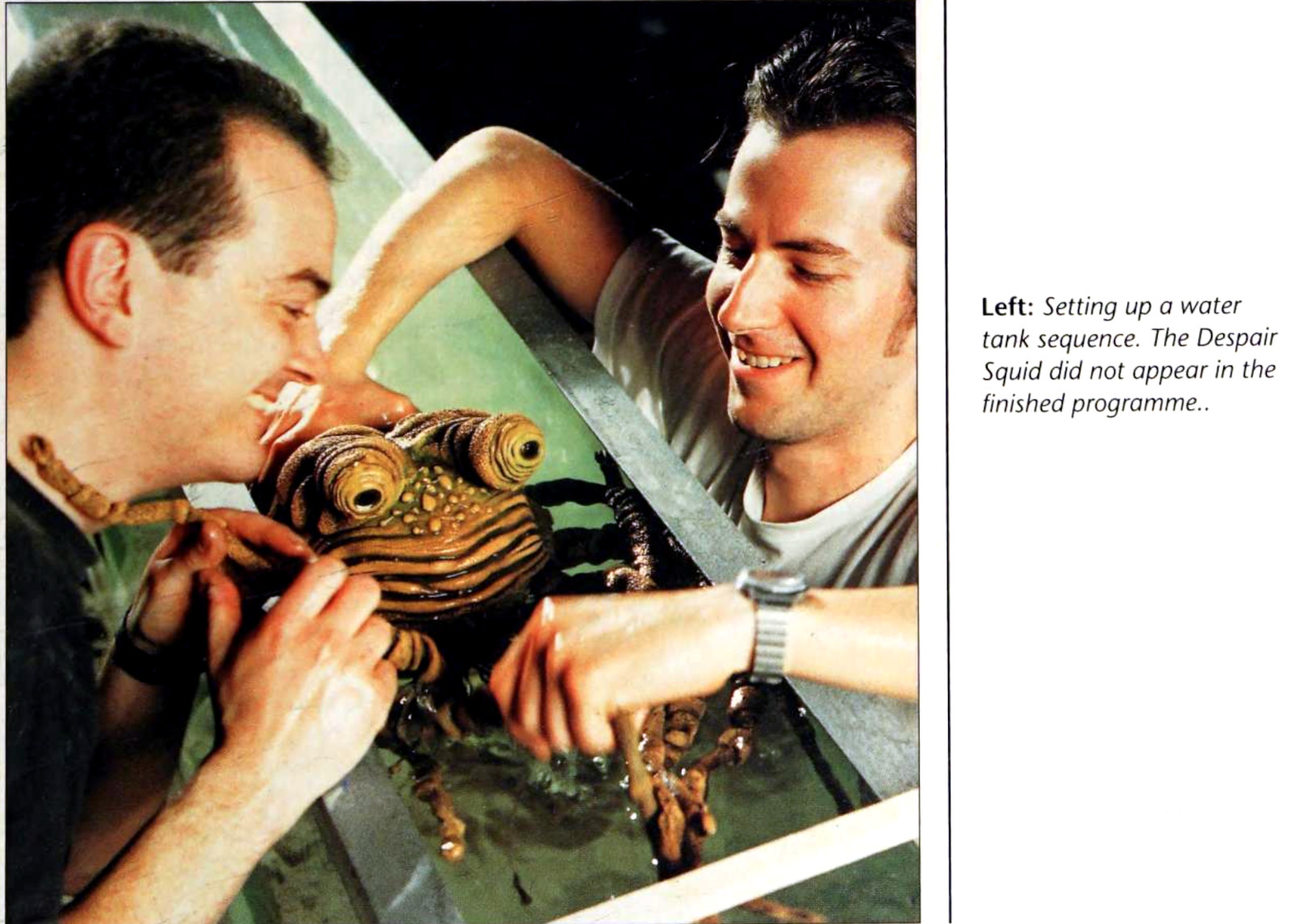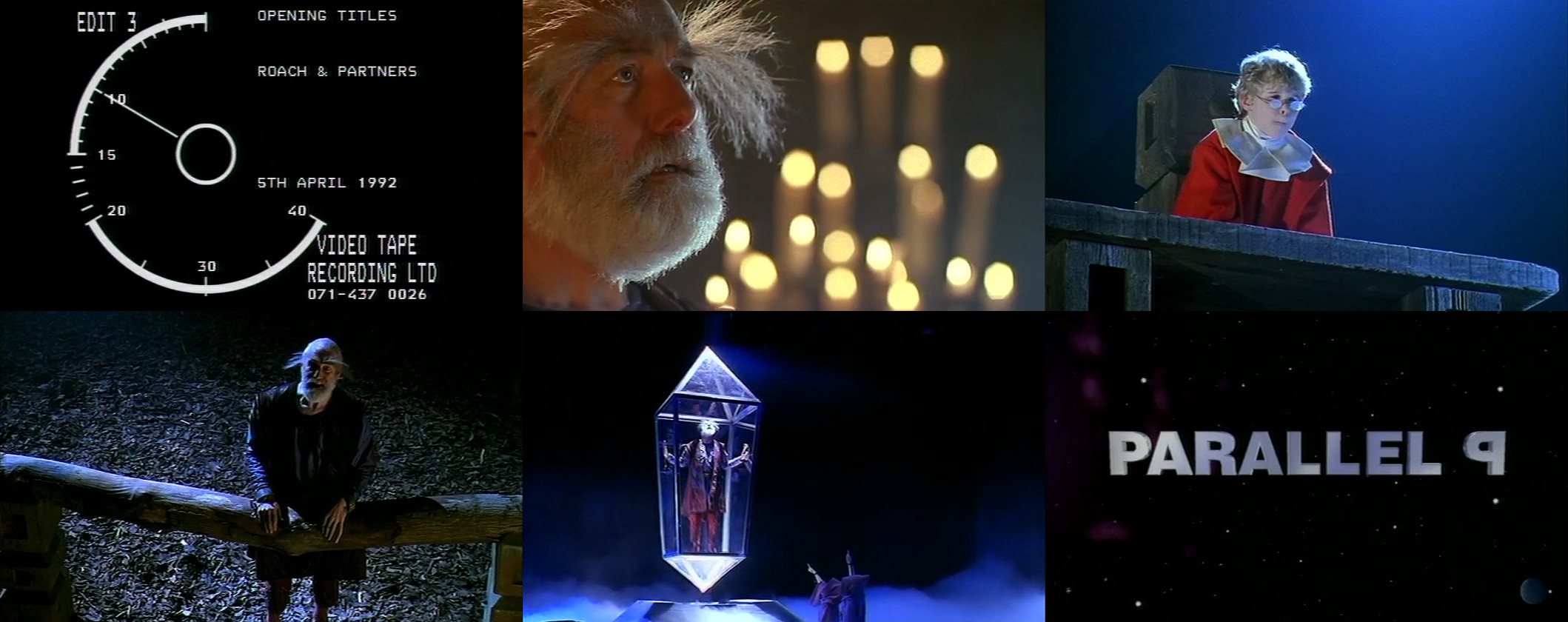Some of you may think I’m a little too obsessed with studio recording dates for sitcoms. It is surely something deeply unhealthy, which makes me look less like a proper TV historian, and more like someone who enjoys wading through irrelevant trivia.
To which my answer is: if Harold Snoad is allowed to do it, then so am I. His book, It’s Bouquet – Not Bucket! (The Book Guild, 2009), is mainly known for his rather pointed remarks about Roy Clarke every other paragraph. But he also has this to say about the fifth series of Keeping Up Appearances in 1995:
“Because of Patricia’s involvement with the series Hetty Wainthropp Investigates, the start date for the making of this series of Keeping Up Appearances had been moved on by six weeks but, in spite of this, the powers-that-be still wanted to begin transmitting the series on the original agreed date, which created quite a few problems. In the past I had always been able to record the episodes (studio-wise) in the order that was the most economical. This was particularly the case when an episode involved additional artistes who would be needed both on location and in the studio, which meant they had to be paid a retainer fee for the period between the two elements – unless they happened to have other work (which, quite often, wasn’t the case).
In the past, to reduce this period – and the relevant payment – as much as possible, I had always planned things so that the studio recordings of these episodes were the first ones that we did when we returned from location filming. This meant that there was as small a gap as possible between the two elements, which saved the BBC a lot of money in retainer fees. Also, in the past, by having quite a few of the episodes fully completed by the date when the series started to transmit, I was able to arrange for them to go out in an order that reduced the chances of the public realising that elements of some of the storylines were shall we say, rather similar… well, all right, repetitive! I was now being forced into a corner where I was only ever going to be one episode ahead of transmission, which made life extremely difficult.”
You will, of course, note that Snoad can’t even get into a discussion about this topic without slagging off Roy Clarke.1
The question then: is what Snoad says above correct? Was the fifth series of the show really made only one week ahead of transmission? Let’s consult some interesting paperwork and find out. And for extra fun, let’s also go back right to the beginning of the show in 1990, and see exactly how far in advance each series of the programme was recorded.2
[Read more →]
Read more about...
best of, keeping up appearances


